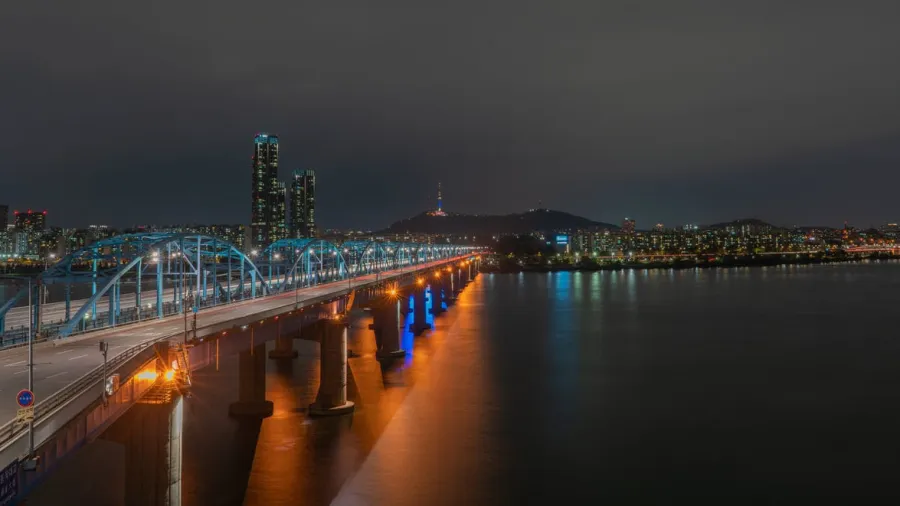
Seoul Q1 industrial vacancy rate rises to 15.4% as new completions arise
The North recorded the biggest increase in vacancy from 0% to 12.2%.
According to a JLL report, all submarkets except the Central had new completions in the quarter. A total of 19 centres were supplied in SCA. The South had both the largest GFA and the highest number of centres, with eight in total.
“Meanwhile, six centres were completed in the South-east. The West and the North welcomed three and two new centres, respectively,” the report said.
Here’s more from JLL:
Overall vacancy rate was 15.4%, up 235 bps q-o-q. A considerable number of newly-completed centres joined the market with unoccupied space, while tenant departures in several existing projects led to increased vacancy. Except for the Central, all other submarkets’ vacancy rates rose. The North observed the largest increase in vacancy, from 0% to 12.2% q-o-q, primarily due to new supply.
The net absorption of SCA continues to remain positive
Overall net absorption in 1Q24 posted 145,100 pyeong. Despite a decreased volume compared to each quarter of last year, the net take-up remained in positive territory, backed by bullish leasing activity at recent completions. All submarkets observed positive figures except the Central, where there was no new supply and, hence, did not see any changes in net absorption.
Among the submarkets, the South saw the highest quarterly net absorption figures as well as having the largest number of new completions in the quarter. This can be attributed to some new centres completing with full occupancy. Furthermore, several existing centres were able to fill their vacant spaces as various tenants, such as 3PL and fashion industries, signed leases.
Quarterly investment volume plunges
In 1Q24, overall net effective rent recorded KRW 30,688 per pyeong, up by 0.4% q-o-q. Notably, new completions underpinned the rent growth by marketing at rents higher than the submarket average amid inflationary pressure. While all submarkets exhibited positive growth, the South saw the largest quarterly rent increase at 1.1%.
The investment volume in 1Q24 plunged significantly, recording around KRW 784.6 billion. This represented only about 32% of the total volume in 1Q23. Amid the woes of a difficult funding market, investors waited for distressed sales opportunities. A notable deal for the quarter was Pivot Plus’ sale of Seokpo-ri Logistics Center to IGIS Asset Management for KRW 212 billion.
Outlook: Capital firms face higher exposure to bridge loans
Several Chinese e-commerce players have started tapping into the Korean market, which could alter the e-commerce landscape. Although domestic e-commerce companies are more focused on enhancing the efficiency of the current supply chain rather than market expansion, additional e-commerce demand could be generated amid intensified competition.
The financing challenges coupled with a supply-demand imbalance may turn investment sentiment sour, and tightened liquidity is likely to lead to a decrease in transaction volume. Additionally, the piling up of bridge loans raises concerns about the potential spread of insolvency to the financial sector. Some are awaiting the general election in April, bracing for potential market challenges.
Note: Seoul Industrial refers to Seoul Capital Area's prime logistics market.
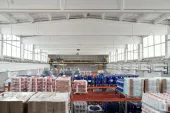
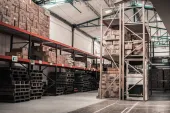

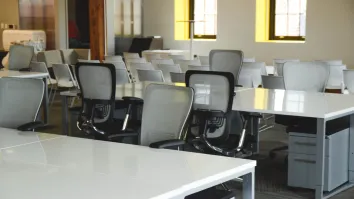
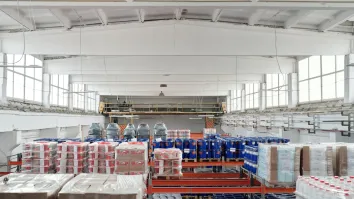
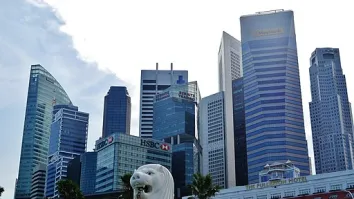













 Advertise
Advertise






